Recycling has become an essential part of our daily lives. With growing concerns about environmental pollution, individuals, businesses, and governments have increased their efforts to recycle materials and reduce waste. However, in recent years, a new phenomenon called “wishcycling” has emerged, which is having a significant impact on recycling services.
Here at Great Western Recycling, we are one of the UK’s leading waste management providers, in this article we will discuss what Wishcycling is, how it affects recycling services, and what we can do to address this problem.
What is Wishcycling?
Wishcycling is a term used to describe the act of placing non-recyclable materials in recycling bins with the hope that they will be recycled. This may include items such as plastic bags, food-contaminated items, and broken or outdated electronics. Wishcycling often arises from a misunderstanding of what is recyclable and what is not, as well as a desire to do the right thing for the environment.
The problem with wishcycling is that it can have serious consequences for recycling services. When non-recyclable materials are mixed with recyclables, it can contaminate the entire batch, making it much harder to recycle the materials that are actually recyclable. For example, if a plastic bag is placed in a recycling bin, it can get caught in the machinery at the recycling facility, causing damage to the equipment and potentially shutting down the entire operation. Additionally, food-contaminated items can attract pests and create a hygiene problem, making it more difficult and expensive for recycling facilities to handle the waste.
Find out what can be done with nonrecyclables here. >
How Does Wishcycling Affect Recycling Services?
The impact of wishcycling on recycling services is significant. Here are some of the ways in which wishcycling affects recycling services:
Increased Costs
Wishcycling can increase the costs of recycling services. When non-recyclable materials are mixed with recyclables, it makes it more difficult and expensive to sort and process the materials. In some cases, recycling facilities may have to shut down their operations temporarily to remove contaminated materials from their equipment, causing delays and increasing costs.
Reduced Quality of Recycled Materials
Wishcycling can also result in a reduction in the quality of recycled materials. When non-recyclable materials are mixed with recyclables, it can make it more difficult to produce high-quality recycled materials. For example, if food-contaminated items are mixed with paper, it can make the paper less valuable and more difficult to recycle.
Misleading Recycling Rates
Wishcycling can also lead to misleading recycling rates. When non-recyclable materials are included in recycling bins, it can make it appear as though more materials are being recycled than is actually the case. This can give a false sense of security and may lead to a reduction in efforts to improve recycling rates.
What Can We Do to Address Wishcycling?
To address wishcycling, we need to take a multi-faceted approach. Here five things that individuals, businesses, and governments can do to reduce wishcycling:
- Education
One of the most effective ways to reduce wishcycling is through education. Individuals need to be educated on what is and is not recyclable, as well as the consequences of wishcycling. Governments and recycling services can provide information on their websites and through community outreach programs to help educate people on the proper way to recycle.
- Clear Labelling
Another way to reduce wishcycling is through clear labelling. Recycling bins should be clearly labelled with what materials can and cannot be recycled. This can help individuals make informed decisions about what to put in their recycling bins. Additionally, products should have clear labelling indicating whether they are recyclable or not, and how to properly dispose of them.
Learn the difference between the recycling labels >
- Improved Recycling Infrastructure
Recycling infrastructure needs to be improved to better handle the materials that are being recycled. This includes investing in better technology to sort and process materials, as well as providing more opportunities for specialized recycling services. For example, there are now recycling programs specifically for electronic waste, which can help to prevent these items from ending up in landfills.
- Reducing Packaging Waste
One of the major contributors to wishcycling is excessive packaging. Businesses and manufacturers can help to reduce wishcycling by reducing the amount of packaging used in their products. This can include using more eco-friendly materials, reducing the size of packaging, and eliminating unnecessary packaging altogether.
Read Next: What does the plastic packaging tax mean for you?
- Enforcement of Recycling Guidelines
Governments and recycling services need to enforce recycling guidelines to ensure that individuals and businesses are following proper recycling practices. This can include fines or penalties for those who consistently violate recycling guidelines. Additionally, recycling services can refuse to collect bins that contain non-recyclable materials.
Remind yourself on what can and cannot be recycled here. >
Waste Management Services with Great Western Recycling
Wishcycling may seem like a small issue, but it has significant consequences for recycling services, from contaminated batches of recyclables, increased costs, reduced quality of recycled materials, and misleading recycling rates.
However, by taking a multi-faceted approach that includes education, clear labelling, improved infrastructure, reducing packaging waste, and enforcement of guidelines, we can reduce wishcycling and improve our recycling services. By doing so, we can help to protect our environment and build a more sustainable future for generations to come.
At Great Western Recycling, we are leading the way in moving the UK to a zero to landfill waste system. We support our customers in getting the most from their waste management and doing their part for the environment.
Get in touch with one of our friendly and professional members of staff to get the ball rolling towards a more environmentally friendly future. Alternatively, take a look at our scope of industries to gain a better understanding of what we can do for you.
Next read: The Five Rs of Effective Waste Management. >
